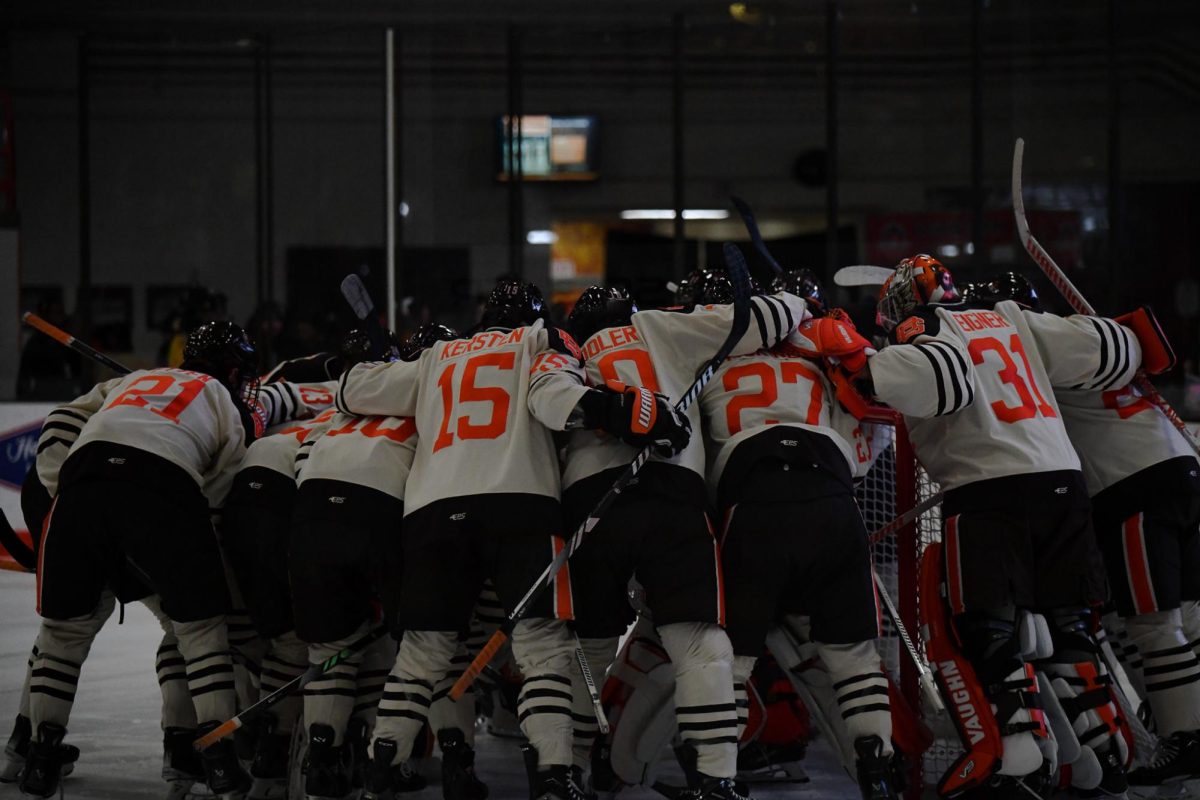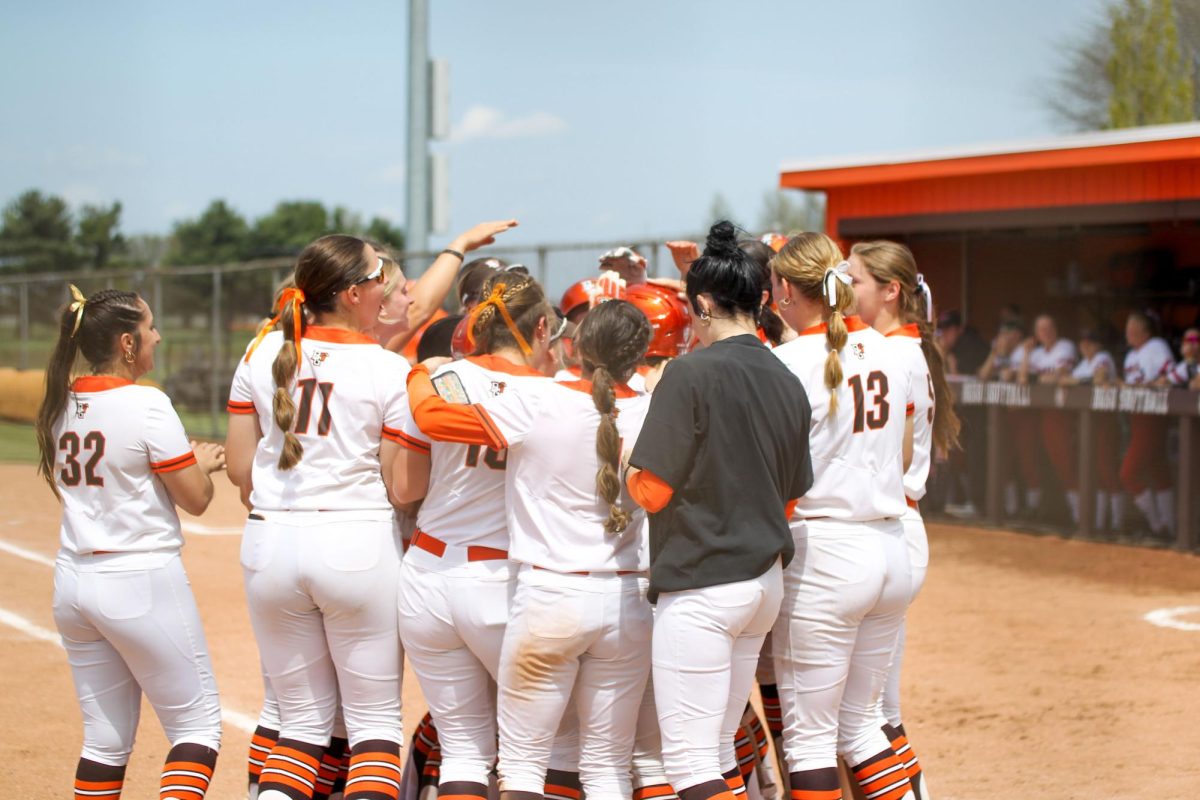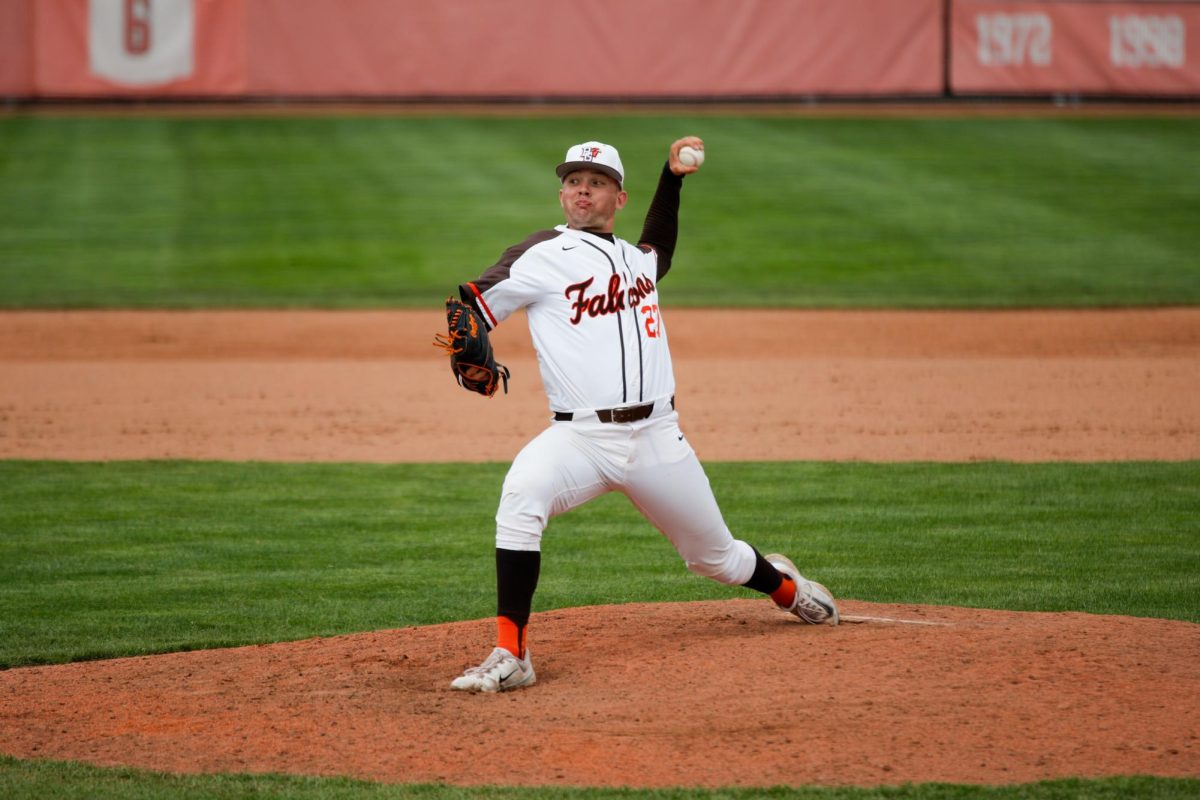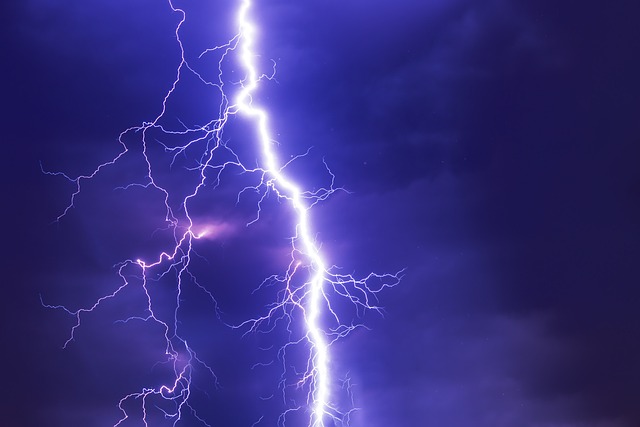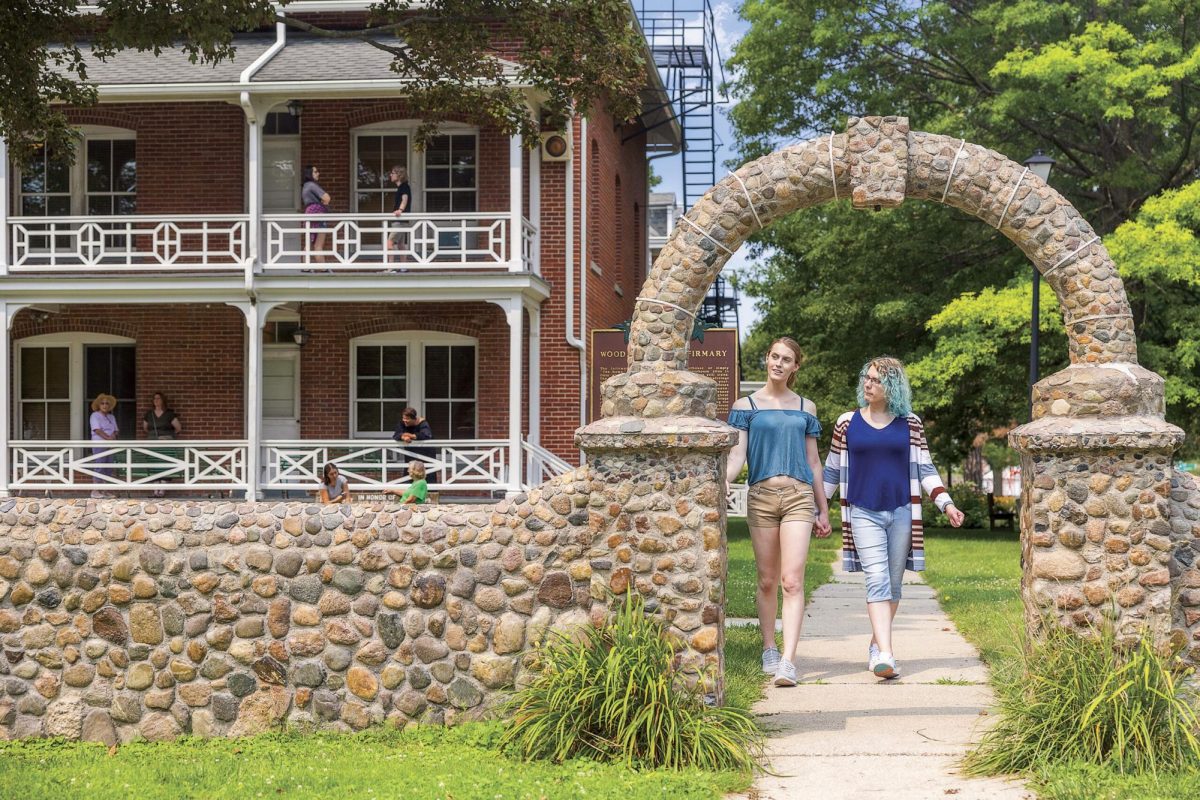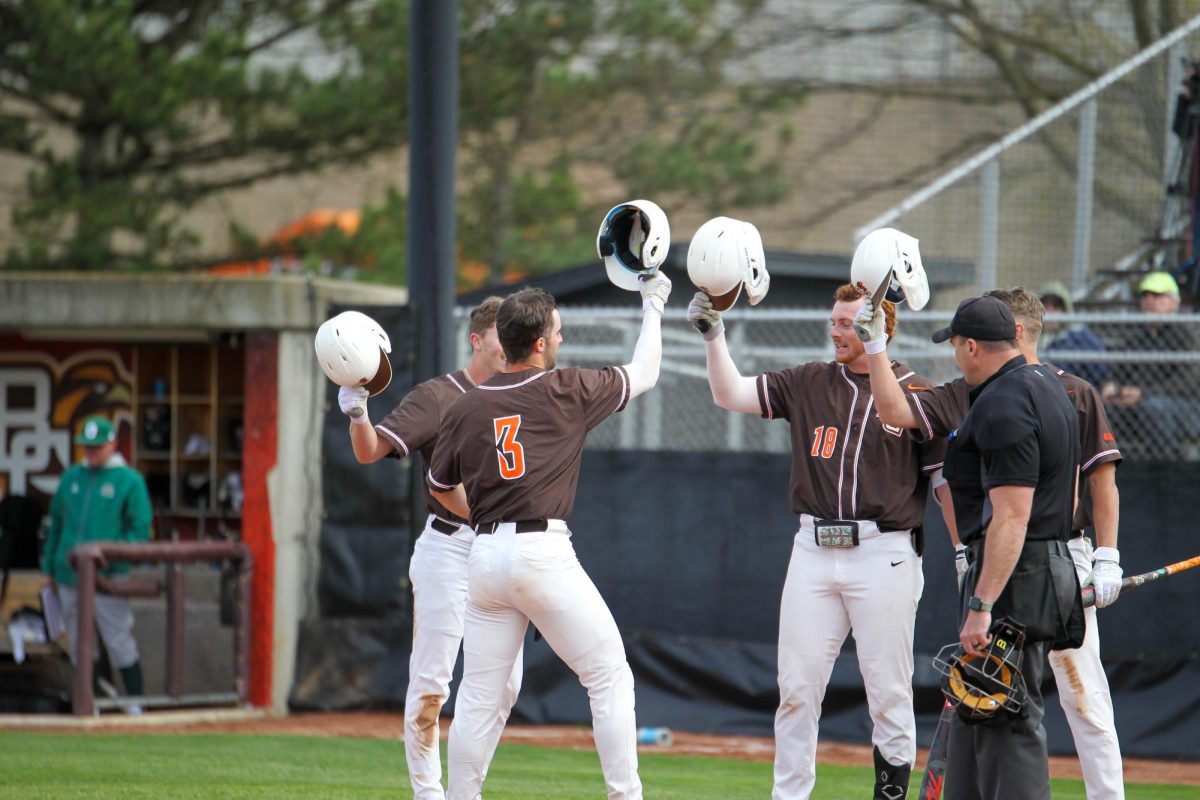By Juan O. Tamayo Knight Ridder Newspapers (KRT) ABOARD A C-130 OVER IRAQ _ Sunday, on her 21st day as an Iraqi prisoner of war, Army Spc. Shoshana Johnson thought that she and six other American prisoners of war would be killed because their guards were afraid of the ever-approaching American attacks. “We were a hot potato,” said Johnson, 30, an Army cook with six-inch braids. The POWs were moved through six holding places in the last six days alone, she said. “It was getting to the point where I believed they were going to kill us.” Instead, a squad of Marines stormed into the room where they were being held, rescuing the last Americans known to have been captured by Iraq. A few hours later, the POWs were telling of their ordeal: of being overwhelmed by Iraqis in a firefight where their weapons jammed from the sand. One of the POWs said villagers had held a knife to his throat and had beaten him and a fellow captive with sticks. At one point, a U.S. bomb sent the bricks of their prison showering down, and one of the prisoners, Chief Warrant Officer Ron Young, reached through a crack that had been opened and unlatched his cell door. But guards thwarted the escape. “I was asking them if they were gonna kill me,” said Pfc. Patrick Miller, 23, of Park City, Kan. His guards assured him they would not, Miller added, “but I still didn’t believe them, so I kept asking.” “I thought I would never see my wife again,” said a sobbing Chief Warrant Officer David Williams, of Orlando, Fla. The POWs, some still wearing striped pajamas issued by their captors, were flown by C-130 transport to Kuwait for medical checkups. Aboard the plane were a nurse, a variety of military officers and photographers, and two reporters who’d hitched a ride from a U.S. air base southwest of Baghdad. Johnson limped from bullet wounds in both her ankles, Spc. Joseph Hudson had gunshot wounds to the buttocks and side, and Spc. Edgar Hernandez was wounded in the right arm, but all walked on and off the plane and seemed in good spirits, if unshaven and bedraggled and not a little shocked. “All the words in the world can’t explain how I feel,” Hernandez, 21, from Mission, Texas, said during the one-hour flight to Kuwait. Col. Larry Brown, operations chief for the 1st Marine Expeditionary Force, said the POWs were rescued after some of their guards approached Marines near the town of Samara north of Baghdad. The guards told the Marines their officers had deserted and they wanted to hand over the Americans. Other Marines said townspeople tipped them to the house where the Americans were held. Five of the POWs were members of the Army’s 507th Maintenance Company’s “Lost Patrol,” a lightly guarded supply convoy that got lost and wandered into an ambush in the south central Iraqi city of Nasiriyah on March 23, the first Sunday of the war. Nine soldiers were killed and six were captured, including Pfc. Jessica Lynch, who was rescued last week. Two of the POWs were aboard an Apache attack helicopter when it went down over southeastern Baghdad on that same day. Both groups recounted their captures in harrowing detail. The ambush of the 507th lasted about 15 minutes, just as the sun was coming up over the horizon. “It wasn’t a little ambush. It was a whole city and we were shot from front, rear, left,” along a one- or two-mile stretch of highway with wide aprons to the side, said Sgt. James Riley, a lanky 31-year-old from Pennsauken, N.J. “It was like being in the middle of a parking lot and everyone is shooting at you.” Johnson, from El Paso, Texas, dove under her truck but was hit in the ankles. Near her were Riley, Hernandez and Hudson. The rest of the convoy was scattered all along the highway. “We were spread out all over hell and creation,” said Riley, adding that their weapons began jamming from the sand they had kicked up on their way from Kuwait. Miller said he fired three shots from his M-16 automatic rifle before it jammed. Then he manually put in another five or so shots, ramming the bolt home with the palm of his hand until he “realized it was useless. I realized there were too many of them.” “All our weapons jammed, failed, and people were coming out of the houses with weapons,” said Johnson. “And then we just got overwhelmed.” “We couldn’t even make a bayonet charge,” said Riley, who ordered the soldiers around him to surrender. “We were like Custer.” Nasiriyah residents first looted the American trucks, then turned their wrath on the soldiers. “A couple of people punched me, a couple of people hit me in the back with sticks,” said Miller. Not Johnson. They opened her chemical weapons suit “and noticed I was a female,” she said. Then they treated her “very well. I don’t know why.” At almost the same time, Williams was piloting his Apache southwest of Baghdad, with Young manning his guns, when a 23 mm cannon round split the leather on the toe box of his left boot, burning his foot and forcing him to land. “We tried to evade. Unfortunately there was a lot of infantry around,” said Williams, 31. They got on their survival radio, hoping to be picked up by another chopper, but saw only another aircraft with flames shooting out of its belly. Williams said they jumped into a canal and swam “a quarter, half a mile, real slow, you know, just the head showing.” They emerged and headed for a stand of trees but were spotted by armed villagers. “They shot a couple of warning shots at us. We decided to surrender,” said Williams. The villagers “beat us a little, one of them with a stick,” he said. “One of them even put a knife to my throat,” before the prisoners were thrown in the back of an open truck at 2 a.m. and driven around, making stops every once in a while “to show all the other people that they had captured Americans.” “We got a couple of more punches and sticks … but once we got in the custody of others they didn’t beat us, for the most part,” Williams added. The two groups of prisoners came together about two days after their capture in what they assumed to be an Iraqi police station in Baghdad, where they were given medical care, received blue and yellow striped pajamas and stayed for 15 days. Worried that they would be separated, the prisoners came up with a made-up name to help each remember who they had been with: Dr. J. Jeps. The name was a combination of the first letters of the prisoners’ first names. The prisoners were served two or three meals a day, usually the same fare as their guards _ rice, chicken, bread, water and sweet Arabic tea. “The doctors said they would take good care of me to show that the Iraqi people had humanity,” said Johnson, who had three surgeries for her ankle injuries. Guards kept the prisoners in separate cells at the beginning, leaving an empty cell between them to block surreptitious conversations. Some of the guards spoke bits of English, “and they would say, `no speaking, no speaking,'” said Williams. But the guards also sometimes put artillery in the empty cells, Williams added, drawing attacks from U.S. A-10 jets. “At times we could hear the shells casings of the A-10s falling on the roof,” said Williams. They were each interrogated separately. Williams said he was questioned four times, two while blindfolded. “They tell me that I kill women and children, and why did you come to our country,” said Williams. Johnson said her interrogators asked her about the locations of American divisions. “When they finally got that I was only a cook, they started asking me where the food came from, if it was coming from Kuwait,” she said, smiling. They heard heavy U.S. bombings every night they were in Baghdad, the prisoners said, and on one terrifying night a bomb landed about 150 feet from their cells, buckling the tin roofs and blowing open the food hatch on Young’s cell door. “A lot of the bricks fell down on top of us. I was lying on the ground, against the corner with the wall,” said Williams. The blast opened a crack in the wall, and Young “stuck my hand through and unlatched the door but the guards came then.” Escape would have been difficult in any case, he added, “because there were always lots of Republican Guards around.” The moves from one holding area to another began after that, they said, almost always in ambulances, always blindfolded and with their hands tied behind their backs. Their conditions grew better as they were shifted through six locations in the last six days of captivity, eventually being put into common cells or rooms by policemen who by then appeared worried about what to do with the Americans. “We could feel that Iraq was collapsing,” said Williams. “I could see the guards were nervous.” Their guards for the last three days were the best of all, they all agreed, reaching into their own pockets to buy them food and medical supplies. And then the Marines came to their rescue. “They broke down the door and shouted `Down, Down, Down,'” said Johnson. Added Miller: “They shouted, `If you’re an American stand up.'” “At first they didn’t realize I was an American,” said Johnson. They gave her a jumpsuit from one of their light armored vehicles’ crewmen, but she held on to her prison pajamas in a brown plastic bag. “I broke down. I was like, Oh my God, I’m home,” said Johnson. They didn’t know that Baghdad had fallen, that Lynch had been rescued, that their pictures were appearing almost every day in the media and that a secret task force of elite commandos from Delta force, the CIA, Navy SEALS and Army Special Forces had been trying to find them for weeks. Now most said they want to get home to friends and family. Hudson, a 23-year-old from Alamagordo, N.M., punched his fist and whooped as the plane touched down in Kuwait. Miller said he wants to see his wife, Jessa, 4-year-old son, Tyler, and nine-month-old daughter, Mackenzie. “I’m just happy to be alive.” Hernandez says he’s “going to hug my parents and my brother and tell them I love them.” Johnson is hoping to be home by May 20, the third birthday of her daughter Janelle. Young, 26, an Atlanta native, wants to see his 9-month-old son, Jonathan, and his parents: “The last thing they told me before I left was, `Now, don’t go being a hero.'” Williams wants to see his 5-month-old daughter, Madison, and his 2-year-old son, Jason. And Riley said he wants to go “somewhere where there’s no shooting.” ___ ‘copy 2003, Knight Ridder/Tribune Information Services.






